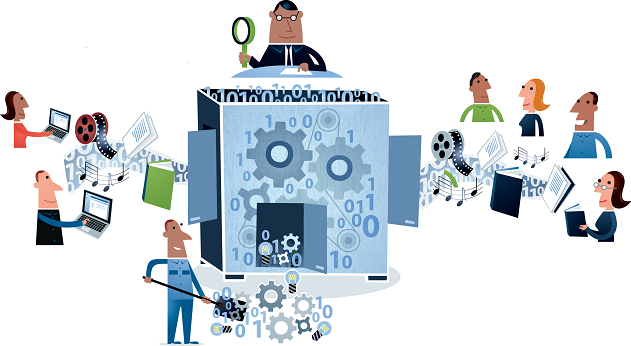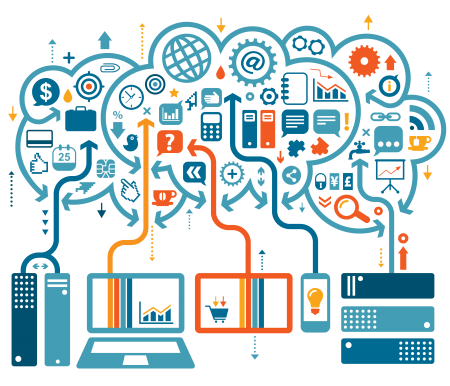Why FinTech Innovation is Important
Fintech refers to a new emerging financial technology sector focusing on delivering better, more innovative products and services than traditional financial institutions, and by reducing costs to the consumer. FinTech help drive improvements in traditional financial services and promote disruption through innovative new products and services, which can offer benefits to consumers and other sectors of the economy. FinTech offer solutions that are efficient and effective at lower scale which benefit small businesses and provide them with increased access to more diverse funding options. Innovative FinTech products can be better tailored to the needs of small businesses. These include marketplace (peer‑to‑peer) lending, merchant and e‑commerce finance, invoice finance, online supply chain finance and online trade finance. Smarthome connect is a digital disruptor working on FinTech platform, SmartMali – www.smarthome-connect.co.za . This will drive digital economy for t...









